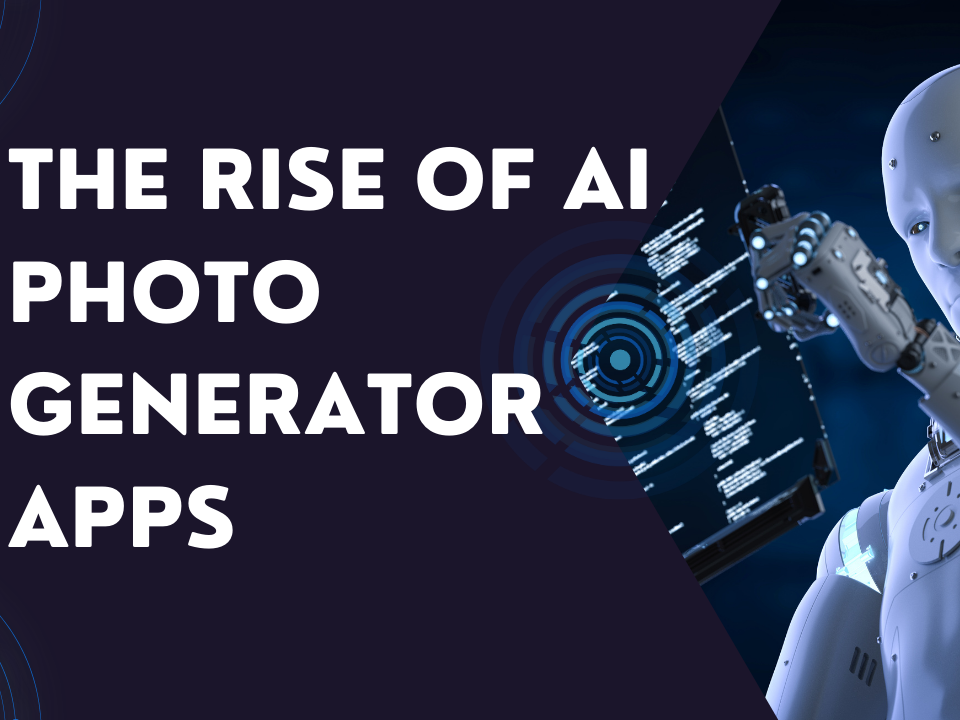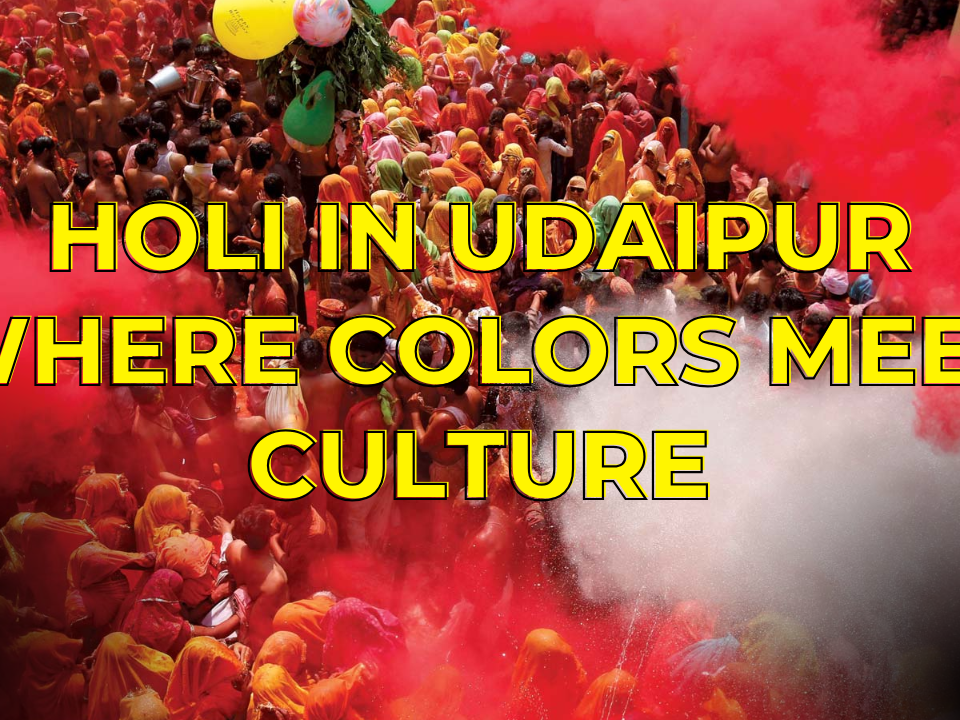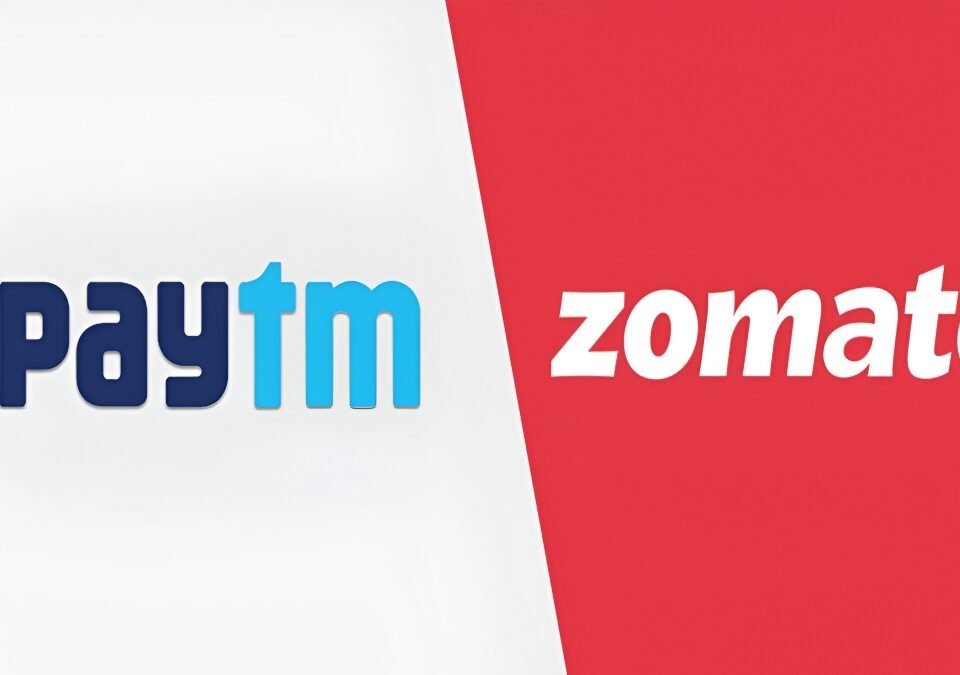
Introduction
In the modern digital age, social media has become an integral part of our daily lives. Platforms like Facebook, Twitter, Instagram, and LinkedIn have revolutionized the way we communicate, share information, and stay connected. However, this pervasive presence of social media has sparked an ongoing debate: Is social media good or bad? The answer is not straightforward, as social media presents both significant benefits and considerable drawbacks.
The Good
- Connectivity and Communication: Social media has broken down geographical barriers, allowing people to stay connected with friends and family across the globe. It facilitates real-time communication and fosters relationships, providing a platform for meaningful interactions.
- Information and Awareness: Social media serves as a powerful tool for spreading information and raising awareness on various issues. It enables the rapid dissemination of news and plays a crucial role in educating the public about important events, social causes, and global movements.
- Business and Marketing: For businesses, social media is a vital marketing tool. It offers a cost-effective way to reach a vast audience, engage with customers, and build brand loyalty. Companies can leverage social media to showcase their products, provide customer service, and gain valuable insights through feedback and analytics.
- Community Building: Social media platforms host diverse communities where individuals can connect over shared interests, hobbies, and causes. These communities provide support, encouragement, and a sense of belonging, enhancing the overall social experience.
- Creativity and Expression: Social media encourages creativity and self-expression. Users can share their talents, opinions, and ideas through various forms of content, including videos, photos, and blogs. This democratization of content creation has given rise to new careers and opportunities in digital media.
The Bad
- Mental Health Issues: Excessive use of social media has been linked to mental health problems such as anxiety, depression, and loneliness. The constant comparison with others’ seemingly perfect lives can lead to feelings of inadequacy and low self-esteem.
- Misinformation and Fake News: Social media platforms are notorious for the spread of misinformation and fake news. The rapid sharing of unverified information can lead to widespread panic, confusion, and even real-world harm.
- Privacy Concerns: Social media users often share personal information without considering the potential consequences. This can lead to privacy breaches, identity theft, and misuse of data by third parties for malicious purposes.
- Cyberbullying and Harassment: The anonymity provided by social media can embolden individuals to engage in cyberbullying and harassment. Victims of online abuse can suffer severe emotional and psychological damage.
- Addiction and Time Management: Social media can be addictive, leading to excessive screen time and poor time management. This addiction can interfere with productivity, sleep patterns, and real-life relationships.




